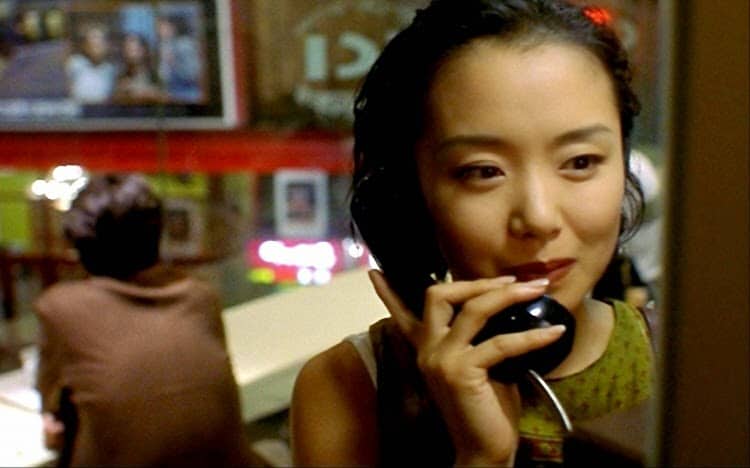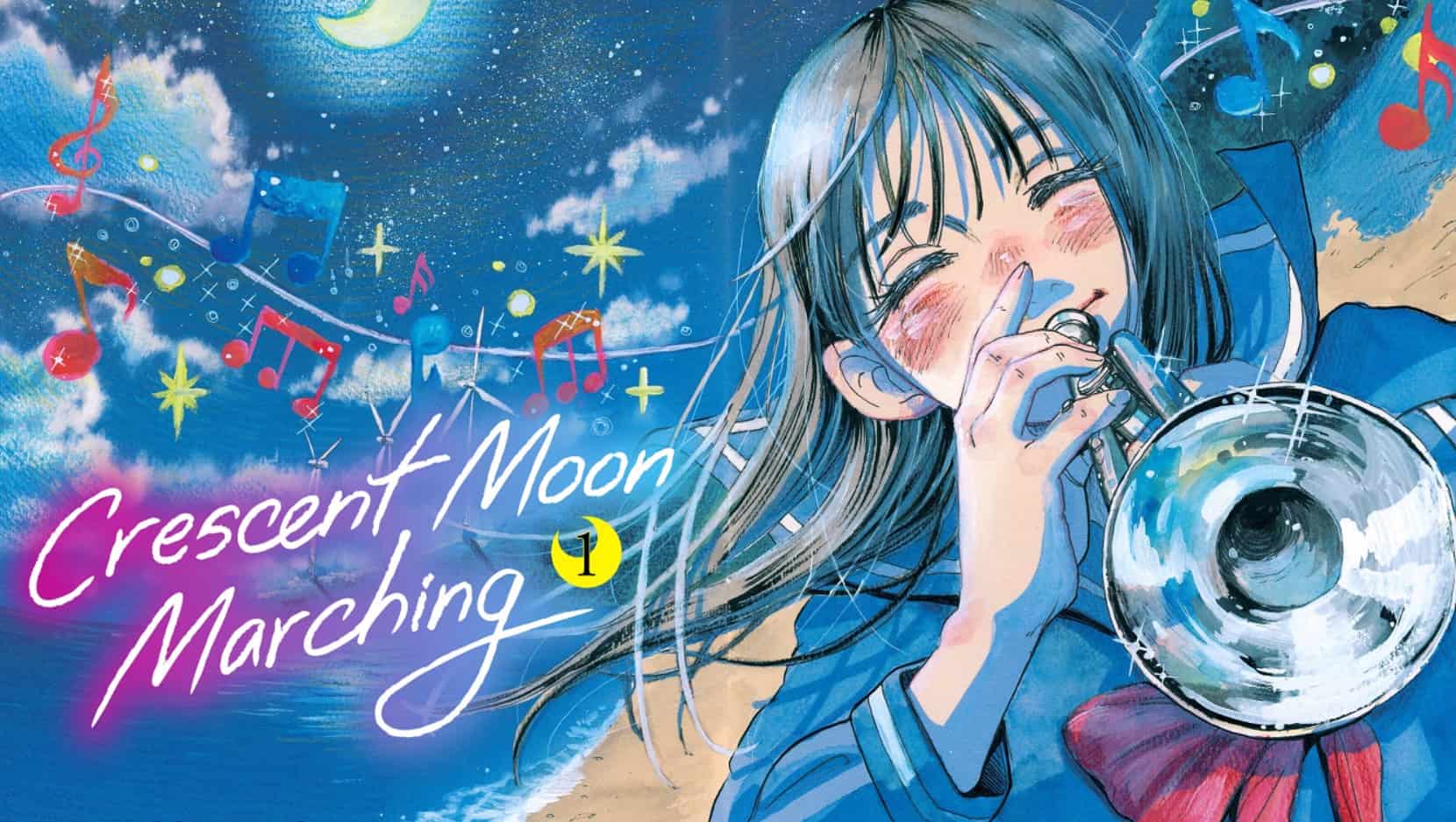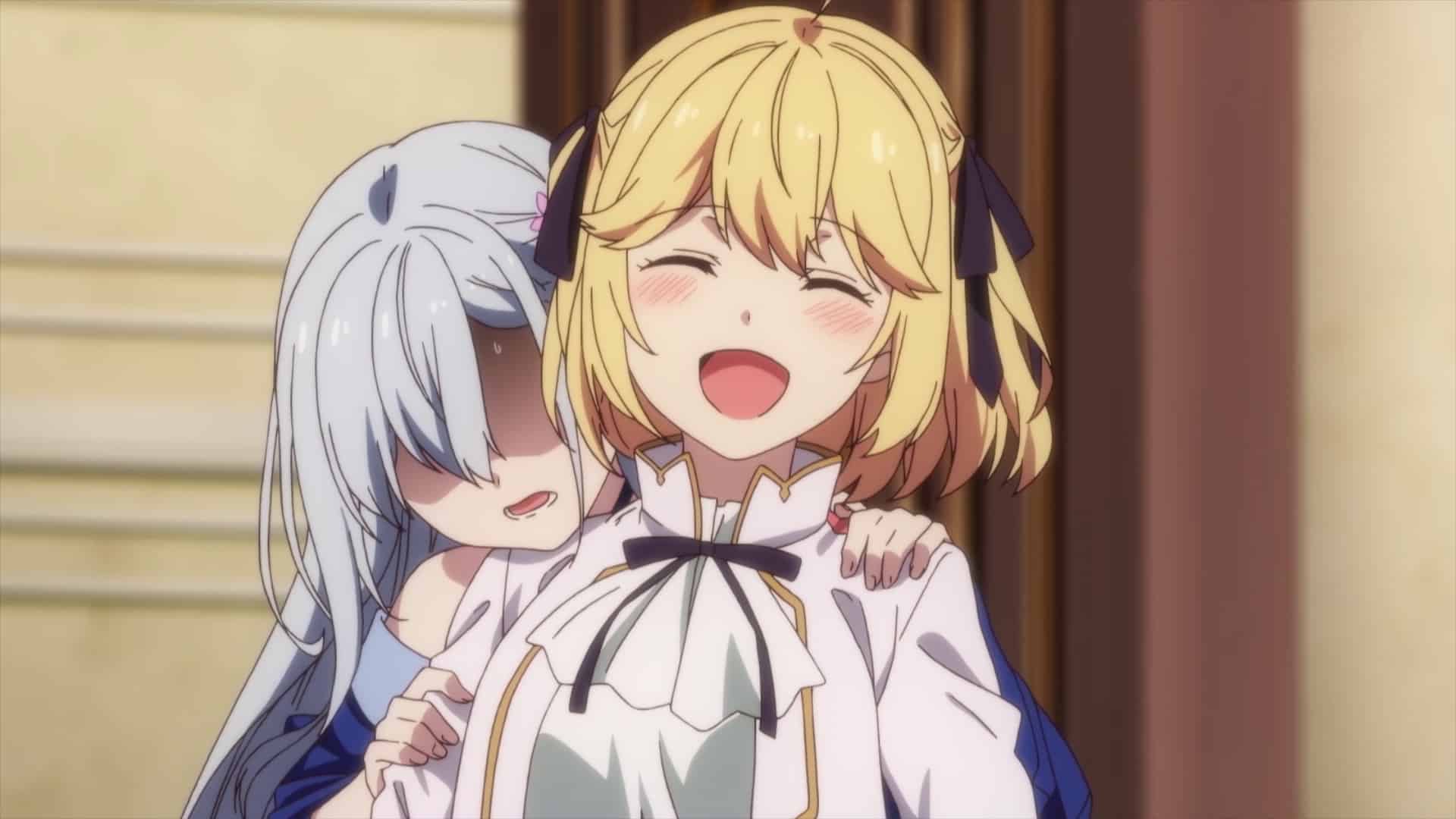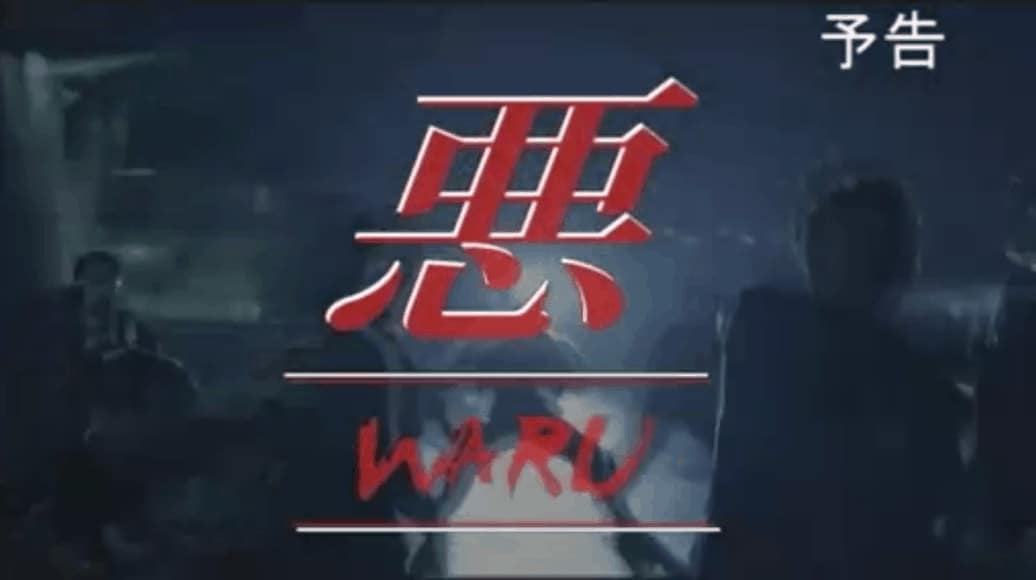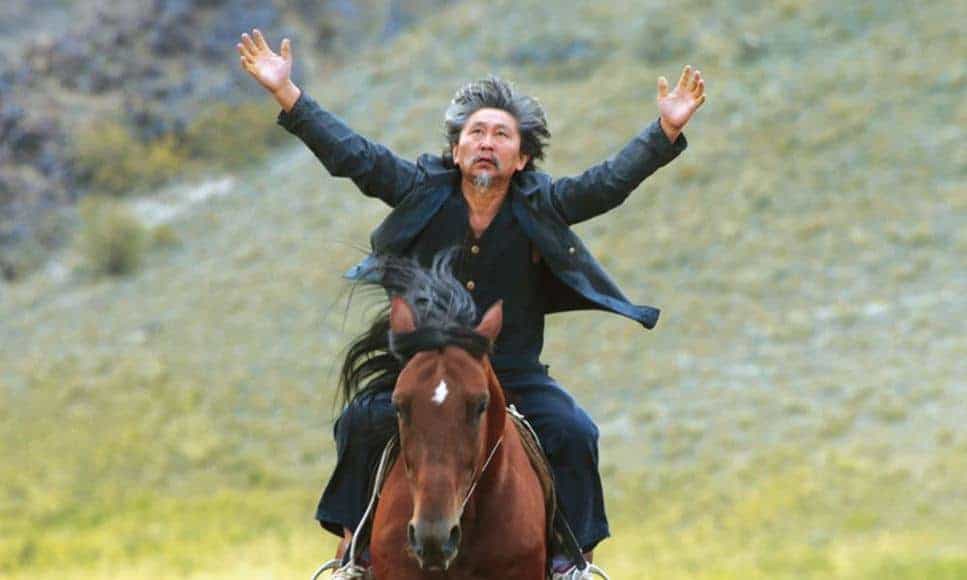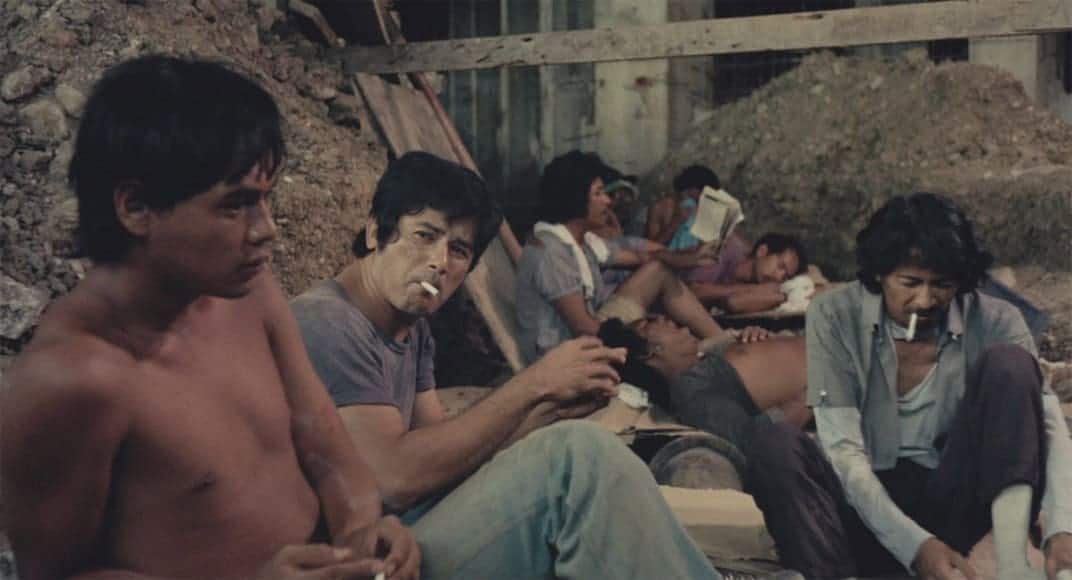There's perhaps no movie sub-genre as simultaneously and paradoxically relevant and expired as the internet romance. Relevant in the fact that online matchmaking and hook-ups have, over the last decade, become the new definition of modern dating; expired for the same reason. Cyber-dating is now, for better or worse, *so* synonymous with our daily lives that a movie based on the concept almost feels redundant in retrospect. After all, the idea of meeting someone digitally before becoming acquainted in real life (if that) is about as second nature as brushing your teeth in the morning. This makes Chan Yoon-Hyun's 1997 melodrama “The Contact” somewhat of a relic, or rather, an origin story for the new era of ‘connection' that we've found ourselves in. It certainly sent a pulse through audiences at the initial time of release, winning the Grand Bell Award for Best Picture (not to mention a Best New Actress award for future acting powerhouse Jeon Do-yeon) and becoming the second highest-grossing Korean movie of the year. Though, while it does make for a competent romance, especially during its final third, Yoon-hyun ultimately misses a valuable opportunity to comment on deeper themes, such as the nature of connection itself, and the potential disassociation that comes with searching for it “through the wire”. Then again, seeing as “The Contact” preceded by a year even Hollywood's exploration of love in the digital age (1998's “You've Got Email”), how could he have ever predicted how far this concept would grow and evolve, inside and outside of cinema?
“The Contact” is screening at the Florence Korea Film Fest

The story itself follows two central characters experiencing anguish in love in Seoul: Soo-hyeon is a home-shopping telemarketer who is head over heels for her best friend's boyfriend. After resonating with a song played on the radio – Velvet Underground's Pale Blue Eyes – she contacts the station via email to request they play the song again. On the other end of the line is the station's presenter, Dong-hyeon, who, unbeknownst to Soo-hyeon, received the Velvet Underground record anonymously a few days earlier from someone he believes to be an ex-girlfriend, a heartbreak from six years ago of which he still hasn't recovered. Suspecting Soo-hyeon to be his lost love, he begins an ongoing communication with her, all the while being entangled in a messy love triangle of his own at work. In what is essentially the world's first ever on-screen catfishing, Soo-hyeon pretends that she sent the record on behalf of his ex. Over a series of emails, an intimacy begins to take shape between the two.
Despite the commercial success of the movie and its place as a building block of the Korean New Wave, the narrative itself is disappointedly dull and gloomy for about an hour of its 105-minute runtime. This is largely due to Yoon-hyun focusing a frustratingly large amount of time on the two lead's relationships with those in their respective realities, as opposed to spending that time fleshing out the blossoming cyber-relationship with each other. Both characters are involved in messy love triangles, but the conflicts never seem interesting since most of the characters beyond our leads are drab and shallow as far as characterisation goes.
Soo-hyeon's love triangle consists of a best friend who we hardly see and her best friend's boyfriend who is insufferably smug, leading you to wonder why Soo-hyeon is so smitten with him in the first place. Dong-hyeon's storyline faces similar issues, namely a supposed best friend whom we never see have any real chemistry or moments of comradery with. At least the girl in this particular triangle, Eun-hee (played by Chu Sang-mi with admittedly much more depth than was likely asked of her), has some spirit and three-dimensionality to her. It's no coincidence that the movie really picks up narratively and tonally when it starts to invest time into developing the dynamic between Soo-hyeon and Dong-hyeon themselves, and showing the ways that they find to connect online. Unfortunately, it arrives a little too late.

Performance-wise, it would, on paper at least, be hard to find a more unassailable pair of leading actors than Jeon Do-yeon and Han Suk-kyu, although in actuality, only one of the two lives up to the expectation here. Ironically, it's the newcomer (at the time), Do-yeon, who carries the movie, bringing all the emotional gravitas to her role as Soo-hyeon. Suk-kyu, on the other hand, who had that same year already established himself as an impressive performer in “No.3” and “Green Fish” (a personal favourite), fails to deliver the charisma and dorky charm that he would master a year later as Jung-won in “Christmas In August”. Instead, he mopes around for most of the movie, looking forlorn and feeling sorry for himself.
While not entirely a disappointment – considering the third act is fairly enjoyable and Do-yeon's performance is excellent throughout – “The Contact” ultimately fails to live up to the stellar romantic dramas and comedies that would dominate Korean cinema in the late 90s and early 2000s.


